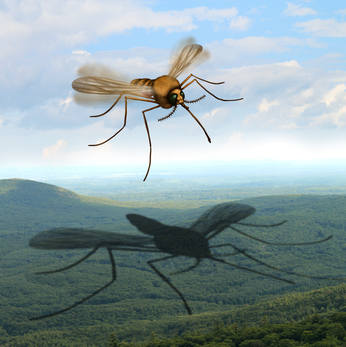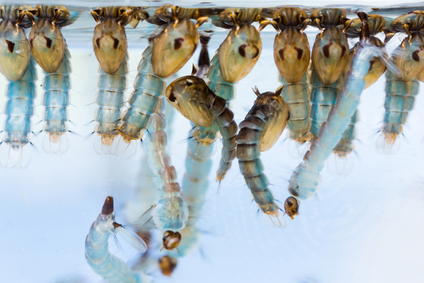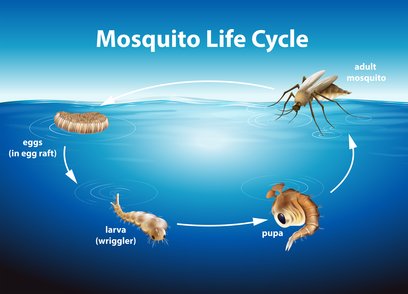Three Facts about Mosquitoes In Arlington, VA You Should Know
April is a special month for environment lovers with the special Earth day being celebrated on April 22 all over the world. Arlington, Virginia has not been left behind this year with special events that were lined up to mark Earth day. There was the EcoAction Arlington’s cleanup of Bon Air Park and Four Mile Run, an annual tradition.
These events will be around next year. Make sure you don’t miss out and even better, make every day Earth Day in your home. As you clean up the environment, you can also put in projects to help you rid of things like stagnant water spots that encourage mosquitoes. Here are a few facts about these bugs that will encourage you to do this.
Fact #1; Some mosquitoes do not bite at all

If you’ve been bitten by a mosquito then you know it is not a beautiful feeling. It begins with the annoying buzzing sounds right in your ear and then you feel a sting. Worse off, the sting has this itch to it that leaves you giving yourself never-ending scratches. The funny part of it all is that it wasn’t just any mosquito that bit you, it was the female mosquito.
Female anopheline mosquitoes interact with you when in search of a blood meal. They use the proteins in blood to assist with egg production. In her search for essential proteins, the female malaria mosquito bites – she doesn’t sting. Male malaria mosquitoes are harmless and play a critical role in the pollination of plants.
Toxorhynchites mosquitoes, also known as elephant mosquitoes, do not have biting mouth parts. Their larvae are, however, actively carnivorous and eat other mosquito larvae. In certain conditions they have been used for biological control.
It is also worth noting some mosquito look-alikes, notably crane flies. These large flies cannot bite, but are commonly mistaken for gigantic mosquitoes. Read more from The Conversation…
Fact #2: Mosquitoes love water.

For a mosquito to thrive, it needs some water around. This can be a lake, a pond or even a container right there in your home. And for this water body, it best prefers one that is stagnant so that its eggs can hatch safely.
A mosquito habitat consists of water bodies, small and big. They are found in and near ponds, swamps, marshes, gutters, stagnant waters and other wetlands. They prefer to live in a humid environment which is very effective for their growth. They also live in people’s houses where they breed on standing water. Read more from Kidadi…
Fact #3: A Mosquito’s Entire Life is Only Two Months

When talking about life span, two months feel like two days for human beings who live up to 70 years. But to the mosquito that’s like two centuries. Mosquitoes only live for two months and then death comes into play. Well for some they die under the fierce clap of a human being. You’d have to say that mosquitoes have the most difficult job of being alive.
This is one of the shortest lifespans of any creature on the planet and explains why it seems like mosquitos are always so furiously pursuing food sources. However, over that time, they can be quite productive. A single female mosquito will typically lay anywhere from 50 to 100 eggs per brood, but the number can go as high as 500 eggs at a time. They do this generally every third day, and that can equate to more than 10,000 eggs in a single female mosquito’s lifetime. These eggs are remarkably hardy, too—they require standing water to hatch, but a female may lay her eggs in damp soil in anticipation of floodwaters rising and providing for the eggs in the future. The eggs can survive for eight months to a year (even through winter) while waiting for this water. Read more from Frames Pest Control…
Mosquitoes are some of the most dangerous creatures on the planet spreading diseases like malaria. You should make it your priority to protect yourself and your loved ones from mosquitoes in Arlington, Virginia. You can do this by having Backyard Bug Patrol who are experts in mosquito control inspect your home and give you the best treatment possible. Reach out to usl today!!
